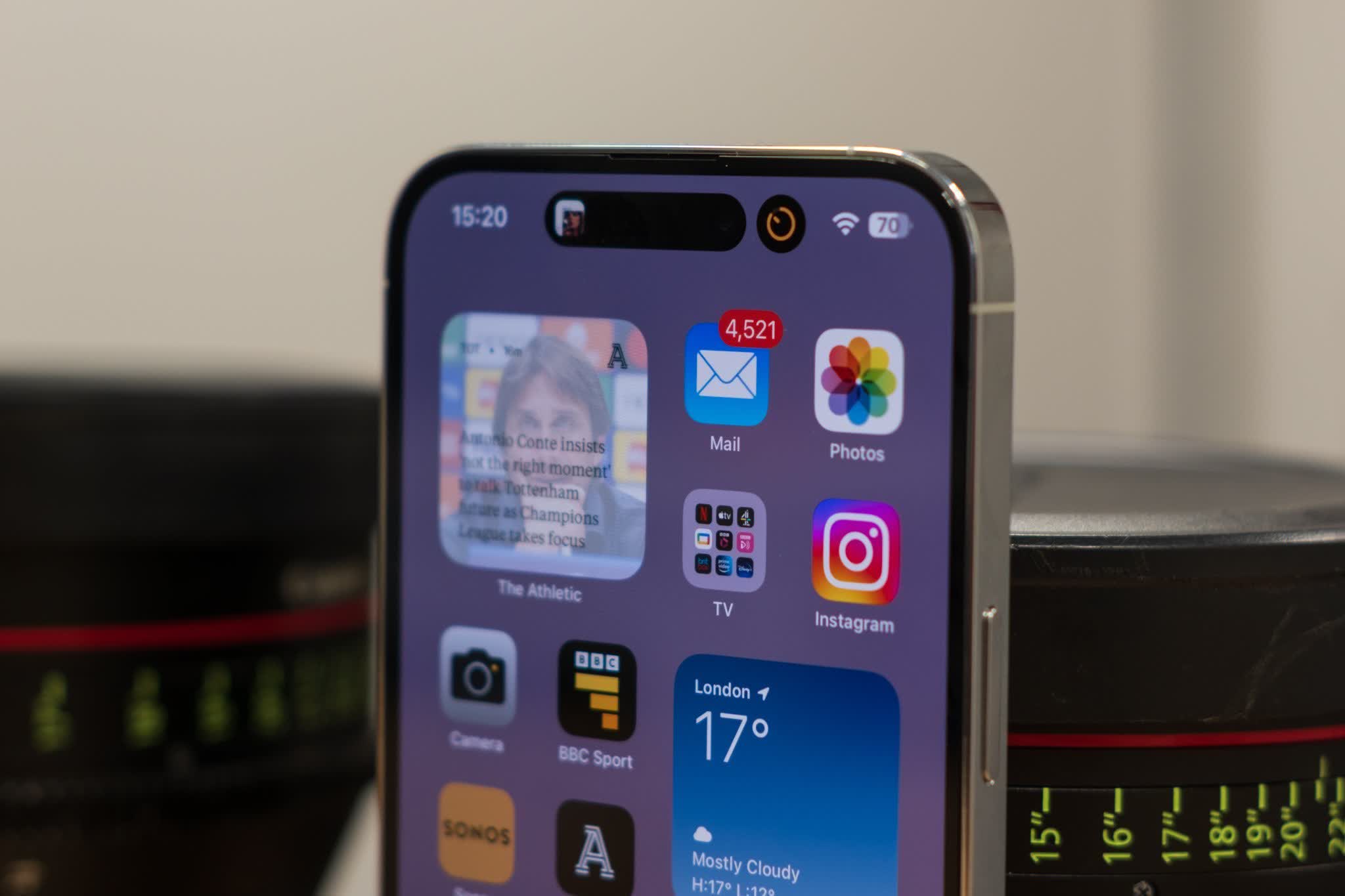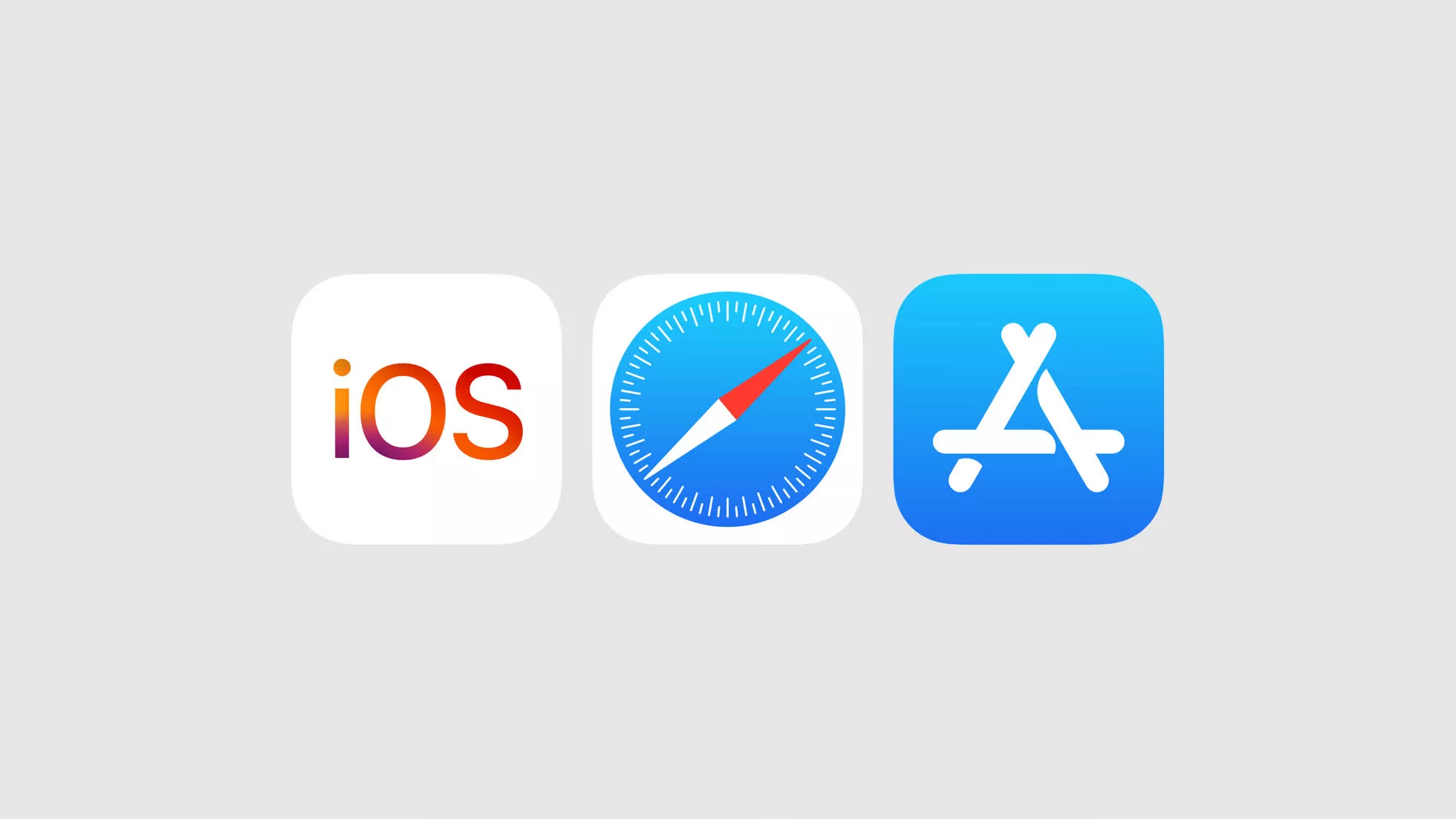Why it matters: Apple has finally yielded to European regulatory pressure and will begin opening its walled garden. Although the Cupertino giant's most significant app policy changes apply only to EU countries, other shifts concerning cloud gaming and in-app purchases are taking effect worldwide.
Apple has announced significant changes to its iOS app distribution, payment, and web browsing policies. Developers can now submit cloud gaming apps and offer a broader range of in-app downloads. Starting in March, European iPhone users can install third-party app stores and web browsers won't be forced to use Safari's WebKit engine.
The iOS operator is complying with the European Union's new Digital Markets Act, which requires key platform holders to maintain a certain degree of openness and interoperability in their products. Apple had previously expanded payment processing options in some European countries, but the new changes could fundamentally alter how users interact with Apple devices.

Apple's wording makes it clear that the company still considers sideloading unsafe and believes it should be the sole judge of security on iOS. As Apple is only begrudgingly enabling sideloading due to new regulations, users likely won't gain access to the feature globally until lawmakers in the United States and other regions enact similar legislation.
Alternate app stores can be downloaded from developer websites and aren't subject to Apple's content restrictions, but must still pass the company's certification process to ensure basic functionality, security, and privacy. Moreover, Apple has reduced, but not eliminated, its commission fee for software from third-party distributors.
Apple's plan to thwart Europe's new Digital Markets Act law is a devious new instance of Malicious Compliance.
– Tim Sweeney (@TimSweeneyEpic) January 25, 2024
They are forcing developers to choose between App Store exclusivity and the store terms, which will be illegal under DMA, or accept a new also-illegal anticompetitive…
Epic Games wasted no time announcing the return of the iOS-native version of Fortnite through an independent launcher. However, CEO Tim Sweeney blasted the Cupertino giant's new rules, claiming they give Apple excessive power over which distribution platforms succeed. Installing and using a third-party launcher requires the user's consent, and users can stop alternate stores from downloading or updating software at any time.
Web browsers won't be forced to use Apple's WebKit anymore, but they will require similar permissions. This change likely means that numerous Chromium browsers will soon appear on iOS in Europe, and Firefox on iPhones will gain more of its desktop functionality. More powerful browsers could reduce users' reliance on apps.
Meanwhile, developers worldwide can now submit iOS apps that can stream entire catalogs of games. Services like Xbox Cloud Gaming, GeForce Now, and PlayStation Plus no longer need Safari to stream games to subscribers on iOS. Furthermore, apps can now include mini-apps, mini-games, chatbots, and plugins as in-app purchases.
